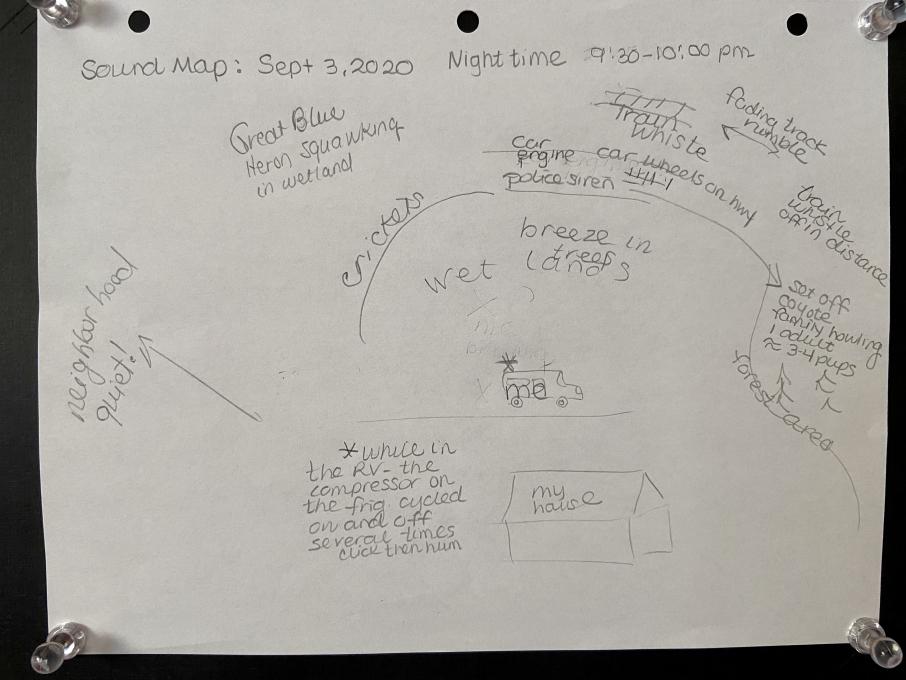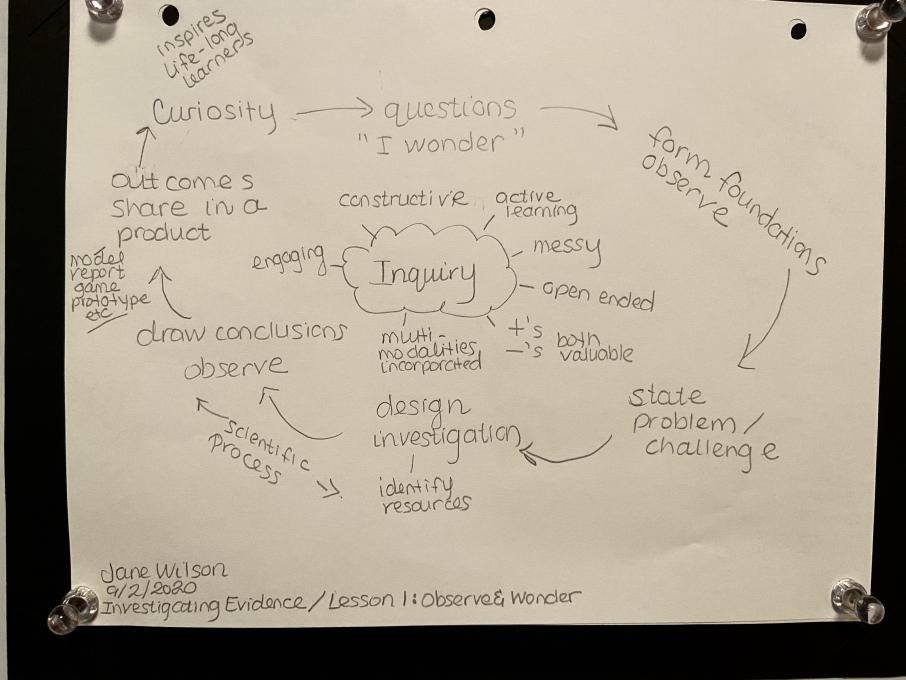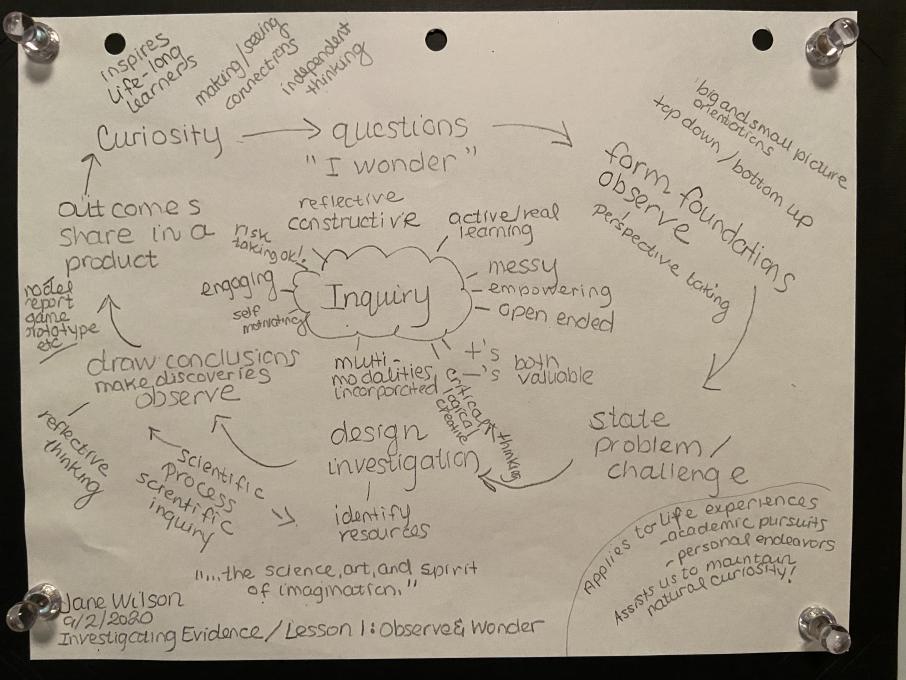Jane
Forum Replies Created
-
JaneParticipantI decided to do my sound map at night. We live on a wetland. Our RV is parked conveniently near the wetland edge. I lay on the bed with the windows open to avoid staying outside and hearing the sound of mosquitoes chewing on me!
 in reply to: Encouraging Observations #732401
in reply to: Encouraging Observations #732401 -
JaneParticipantI was delighted to read about research that supports students, as citizen scientists, connecting their investigation data with an environmental agency. This an idea I strongly support. When learning is relevant, meaningful, and engaging students will feel successful and value their findings. Best of all- they gain ownership of their learning!in reply to: Citizen Science in Your Classroom #732025
-
JaneParticipantWhen I was still teaching, I used Project Budburst, and YardMap in my classroom. The students looked forward to the Big Leaf Maple tree near our building. Their observations and ensuing discussion built meaningful connections to the outdoors, seasonal changes, and appreciation of nature cycles. YardMap was a fantastic way to get to know, understand, observe nature in our own yards. I'm sad that this citizen science resource is no longer available. I personally have participated in the Great Backyard Bird Count. I think this project, the Christmas Bird Count, and Project Feeder Watch would be engaging to do with the neighbor children.in reply to: Intro to Citizen Science #731992
-
JaneParticipantI am a retired teacher who is currently taking classes, like this one, that I hope will be useful in supporting children and their families in my neighborhood who have become at-home students due to the closure of schools in our district because of Covid-19. As I volunteer with these families, and learn the interests and needs of the elementary school-aged children (K, 3, 6 grades specifically), I will have focus for inquiry science lessons based on the curiosity and questions children ask. With that said, I don’t have a specific inquiry lesson to analyze and modify. Because our homes all border a wetland, I will use our unique proximity to this ecosystem to create answers for the assignments in this class. ___________________________________ Topic for science inquiry: Animal coverings Confirmation Inquiry- Students confirm a principle through an activity when the results are known in advance. Students are provided with: question, procedure, solution. Question- I wonder if all the animals that live in our wetland have the same outer covering on their bodies? Procedure- Brainstorm a list of animals the child has seen in the wetland. Describe outer covering. and put into categories Solution- We can see that there are a lot of animals that live in the wetland. Not all animals have the same outer covering. General categories are: fur, feathers, scales, skin, etc. Structured Inquiry- Students investigate a teacher-presented question using student designed/selected procedures. Students are provided with: question, procedure Question/ procedure- categorizing. We discovered animals in the wetland have outer coverings. How can we organize these coverings into categories? Students decide how to group the animals on the list they generated in the first activity. Guided Inquiry- Students investigate a teacher-presented question using student designed/selected procedures. Students are provided with: question Question/ children decide how to answer the question. We found a way to group the animals by their outer coverings. Why does each group have that particular type of covering? Open Inquiry- Students investigate question that are student formulated through student designed/selected procedures.in reply to: Inquiry in Your Classroom #731989
-
JaneParticipantThe following quote from the article resonated with me: "Inquiry is the science, art and spirit of imagination." Inquiry allows us, as human-beings and learners, to remain curious and to wonder about our interactions with the world around us. It provides a pathway for critical, logical, and creative thinking as we set about describing something that captured attention... about something we wish to investigate, to understand, to solve... Inquiry, practiced life-long, is an antidote for: boredom, stagnation, prejudice, despair, and feeling disconnected from life. This is my concept map to represent elements found in my thinking about Inquiry pre and post reading the assigned article.

 in reply to: Intro to Inquiry #731978
in reply to: Intro to Inquiry #731978


